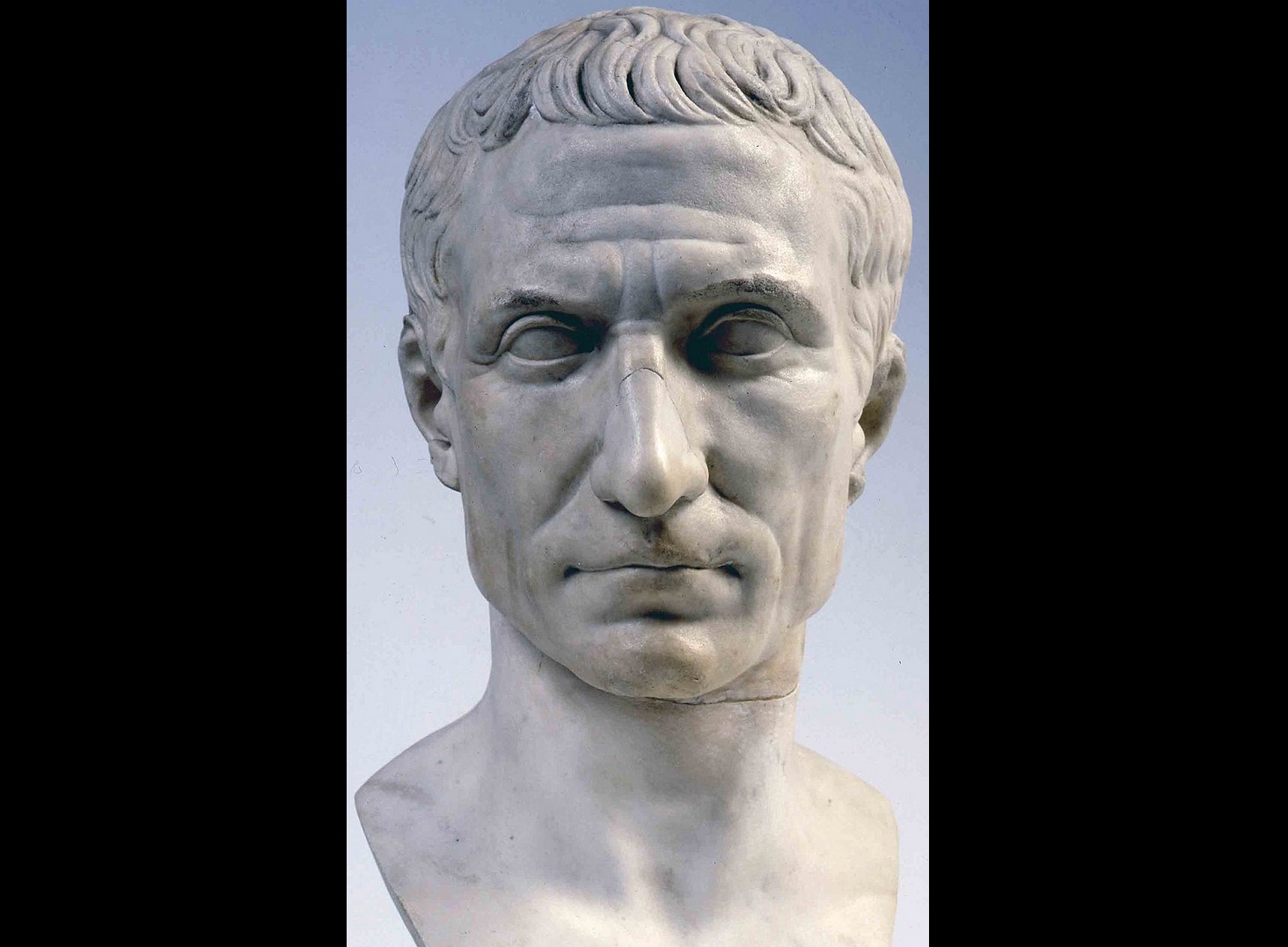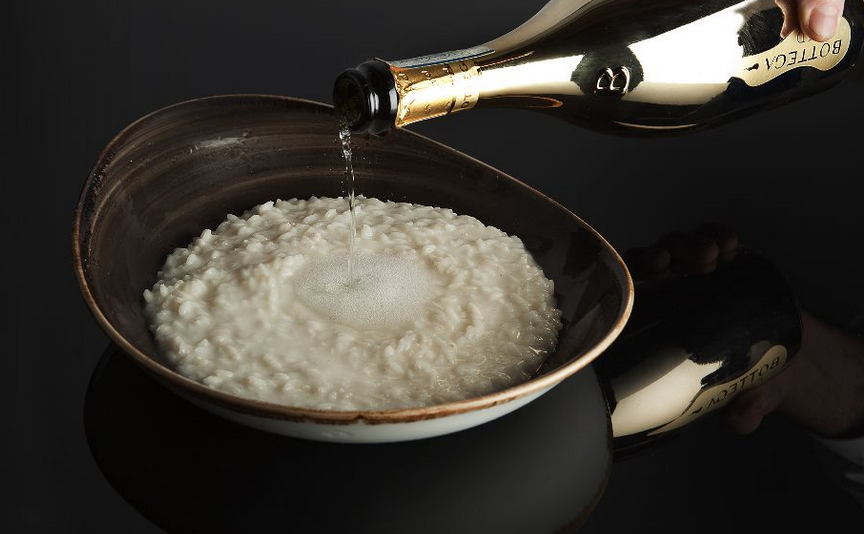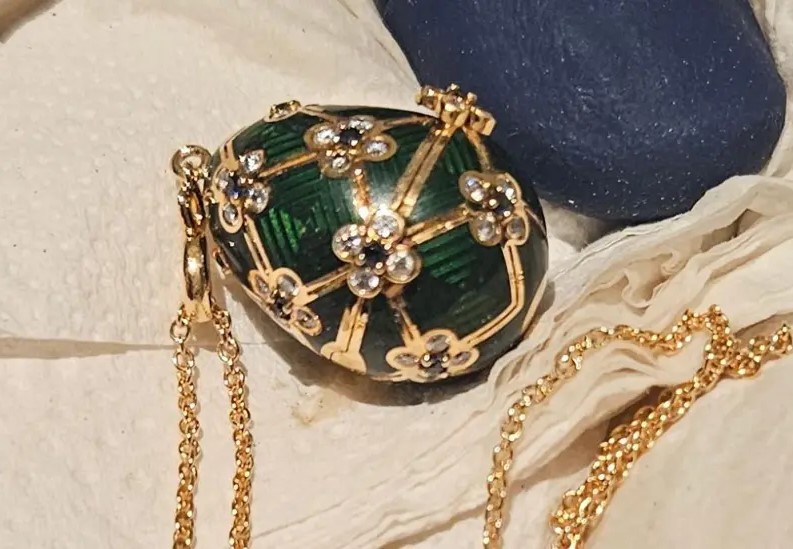The Roman world was governed from wherever the Emperor was located. And, in England, he declared York as the heart of its Empire.
Celebrated as the political and military genius who overthrew Rome’s decaying political order and replacing it with a dictatorship, his triumphed in the Roman Civil War saw him expand Roman rule over Gaul, and in Britain, but he was assassinated by those who believed that he was becoming too powerful.
In Britain, though, a lesser highlighted Emperor made as big an impact on civilisation as we know it today.
Born in Leptis Magna (present day Al-Khums, in Libya (in the Roman province of Africa), Septimius Severus lived in York between 208-11. Having restored stability to the empire after a period of civil war, he entered Roman York (Eboracum) to lead campaigns against the Caledonians who were attacking Roman targets in the north of Britain before founding the Severan dynasty - the last dynasty of the Roman Empire.
Known as the African Emperor, as a young man he advanced through the customary succession of offices under the reigns of Marcus Aurelius and Commodus before seizing power after the death of Emperor Pertinax in 193 during the Year of the Five Emperors. He was over 60 when he arrived in York in AD 208, carrying a huge number of civil servants and soldiers, including the Praetorian Guard – an elite force who was the emperor’s bodyguards. He also brought with him his wife, Julia Domna, and their sons Caracalla and Geta.
Severus died in York in February, 211 - a moment of enormous significance as emperors were considered halfway between men and gods. And, as such, he was given a suitably lavish send-off, with soldiers throwing gifts as his body, clad in military attire, was consumed by the flames of the funeral pyre.
In 198 Caracalla had been declared co-emperor, a status also bestowed on Geta, in York, 11 years later. The former named Eboracum as the capital of upper Britain when the country was divided into two provinces, which was said to have led to the city being granted the highest status of Roman city, that of Colonia.
A gold bust of Septimius Severus represents a bust of the Roman emperor was found in Greece in 1965 and is now in the Archaeological Museum of Komotini, in Greece.











